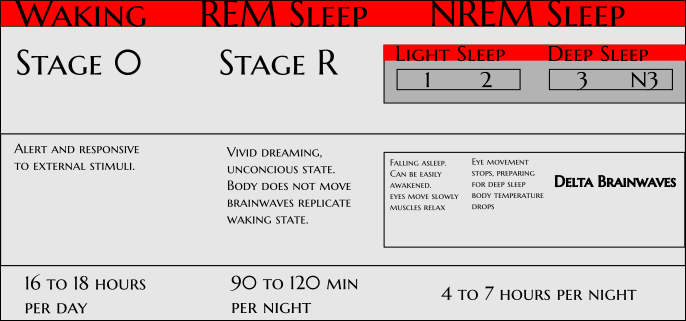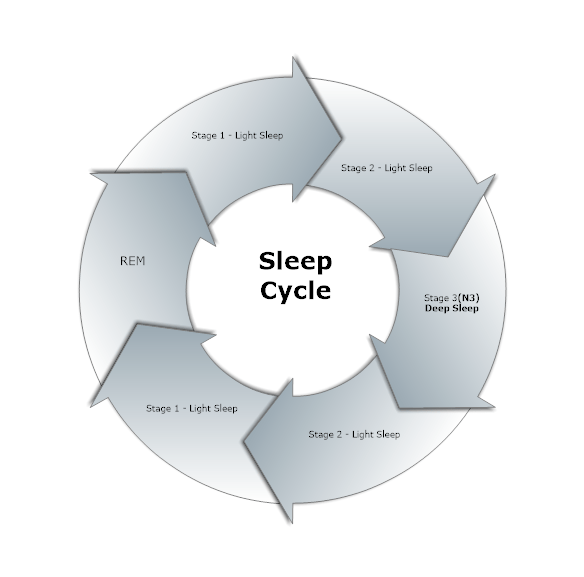What if you could have more energy throughout the day? In our modern world, extended work hours, stress, and lifestyle habits like poor diet and lack of exercise can disrupt our natural sleep patterns. Our body is designed to follow a consistent rhythm of waking and sleeping, but disturbances to this rhythm can greatly affect our health. Poor sleep is linked to many chronic conditions, including Alzheimer’s, cardiovascular disease, stroke, and diabetes, making quality sleep vital for mental and physical well-being.
My Personal Sleep Journey
In my 20s, I worked as a bouncer at a club, which wrecked my sleep patterns. Working late into the night, I was constantly out of sync with my natural body clock, and I could feel the effects—fatigue, poor decision-making, and a lack of focus. These sleep disruptions carried on for years, and it wasn’t until later that I truly understood just how much it was affecting my health and my performance on the mat.
Now, as a father of two little girls, sleep is still a challenge. When they wake me up between 2 and 3 a.m., I can feel the toll it takes on my body, my BJJ training, and my ability to make clear-headed decisions during the day. To combat this, I’ve made it a habit to get up at 5 a.m. every day, no matter how difficult it might be. Maintaining a consistent waking time, even if my bedtime varies, has helped me regulate my sleep and recover from the chaos of sleepless nights.
Why Sleep Matters
Physical Health:
The quality of our sleep has a massive impact on our bodies. Deep sleep is when the body heals itself, repairing tissues, building muscle, and strengthening the immune system. If we don’t get enough deep sleep, our bodies can’t function optimally. Sleep is like a night-shift cleaner—if the cleaner doesn’t do their job, the office (your body) becomes cluttered, affecting health and performance.
Mental Performance:
Sleep affects brain function significantly. When we’re sleep-deprived, we see a sharp decline in willpower, creativity, memory, and problem-solving skills. REM sleep, in particular, is crucial for cognitive functions such as learning and decision-making. Without proper rest, it’s harder to focus, stay productive, or even enjoy simple tasks. Personally, I’ve noticed that when my sleep is off, my training suffers—my reactions slow down, and I make poor choices on the mat.
Emotional Well-Being:
Sleep deprivation doesn’t just affect your body and mind; it also affects your mood. Without enough rest, we become more irritable, anxious, and prone to emotional outbursts. I’ve been there—feeling overly sensitive, easily frustrated, and less able to handle stress. Consistent, quality sleep can help stabilize our mood and improve our interactions with others, whether in a dojo or at home with family.
Understanding Sleep Stages
To make the most of your rest, it helps to understand the different stages of sleep. Here’s a breakdown:

Non-REM Sleep (Light & Deep Stages)
Light Sleep: The early stages where you drift between wakefulness and sleep. Muscles relax, and your body temperature drops.
Deep Sleep (Stage 3 & N3): This is when your brain produces slow delta waves. It’s the most restorative part of sleep, where your body repairs itself and consolidates memories. As we age, our ability to achieve deep sleep decreases, which is why prioritizing quality sleep becomes even more important.
REM Sleep
This phase is where the magic happens for your brain. REM sleep is characterized by rapid eye movement, intense brain activity, and vivid dreams. During this stage, your brain processes information, consolidates memories, and engages in problem-solving. Each REM cycle gets longer throughout the night, so uninterrupted sleep is crucial.
A Sleep Cycle
A full sleep cycle consists of moving through light, deep, and REM sleep, typically taking around 90 minutes. We go through several of these cycles each night, with more REM sleep occurring in the later stages. To feel truly rested, it’s important to complete multiple cycles without interruption.

My Tips for Better Sleep
Over the years, I’ve experimented with different approaches to improve my sleep, and these are the strategies that have worked for me:
- Find Your Ideal Sleep Duration: Most adults need 7-9 hours, but individual needs vary. Listen to your body to find out what works best.
- Adjust Your Eating Habits: Avoid heavy, sugary foods in the evening. Instead, opt for a light, protein-based meal at least two hours before bed.
- Use Your Bed Only for Sleep: Make your bed a sacred space. No screens, no snacks. Train your brain to associate the bed with rest.
- Control the Light: Block out artificial light at night, but allow natural sunlight in the morning. Darker nights and brighter days help regulate your sleep-wake cycle.
- Be Mindful of Exercise Timing: Intense workouts are best done earlier in the day. Gentle evening routines, like yoga, can promote better sleep.
- Create a Calming Environment: Scents like lavender can help, while others might disturb sleep. Pay attention to what works for you.
- Manage Sound: Use white noise, calming music, or silence. Sound patterns that mimic delta waves can be especially helpful for deeper sleep.
The key to good sleep is consistency. I’ve learned that maintaining regular sleep and wake times—even on weekends—has significantly improved how I feel and perform. Sleep isn’t about the quantity; it’s about quality. Focusing on deep, restorative sleep has made a difference in my health, my BJJ training, and my overall well-being.
Sources
- Walker, M. (2017). Why We Sleep: Unlocking the Power of Sleep and Dreams.
- Harvard Medical School: The Impact of Sleep on Health
- National Institute of Neurological Disorders and Stroke: Understanding Sleep
- Centers for Disease Control and Prevention: Sleep and Sleep Disorders


